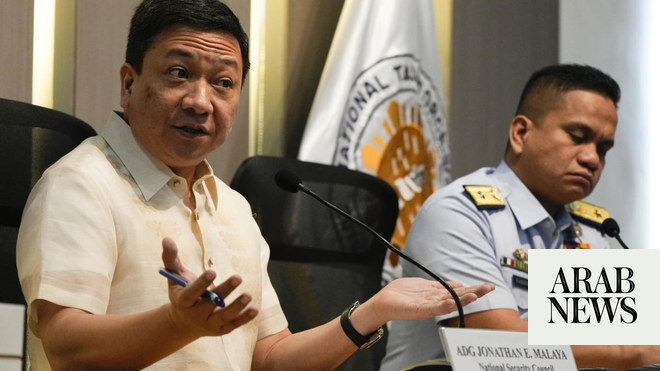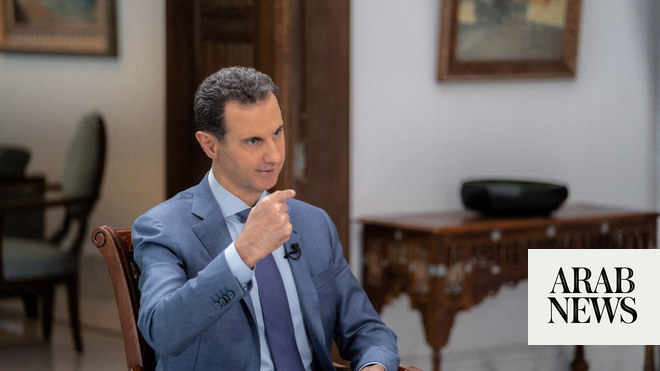
Hundreds of thousands of predominantly black and Asian service personnel who died fighting for the British Empire have not been formally commemorated in the same way as their white comrades because of decisions underpinned by “pervasive racism”, an investigation has concluded.
The Commonwealth War Graves Commission is expected to issue a formal apology on Thursday after it discovered that at least 116,000 – but potentially up to 350,000 – predominantly African and Middle Eastern first world war casualties may not be commemorated by name, or at all.
Their investigation findings, seen by the Guardian and set to be announced by the defence secretary, Ben Wallace, in the House of Commons, also estimated that between 45,000 and 54,000 African and Asian casualties were commemorated “unequally”.
All fallen military service personnel are supposed to be commemorated identically with their name engraved on a headstone over an identified grave or on a memorial to the missing.
But, quoting racist statements such as a governor saying in the 1920s that “the average native … would not understand or appreciate a headstone”, the commission has concluded that soldiers were treated differently if they came from Commonwealth countries.
In a formal response to the investigation, the commission said: “The report highlights that, in certain circumstances, those principles so rigidly adhered to for all who fell in Europe were applied inconsistently or abandoned in the more distant corners of the globe when applied to the non-European war dead of the British Empire, in the immediate aftermath of World War One.
“The commissioners acknowledge that this was not right then and must not be allowed to remain unaddressed now. Those identified in the special committee’s report deserve to be remembered as much today as they did 100 years ago.”
The report added: “The Commonwealth War Graves Commission (CWGC) acknowledges that the commission failed to fully carry out its responsibilities at the time and accepts the findings and failings identified in this report and we apologise unreservedly for them.”
The apology will come more than a century after the end of the war, and against the backdrop of a reckoning over Britain’s relationship with its racist history, including protests over statues commemorating slave traders.
The Imperial War Graves Commission, later renamed the CWGC, was founded in 1917 to commemorate men and women of the British Empire who lost their lives in the “Great War” and was defined by the principle of equality of treatment in death.
The war graves inquiry was ordered in 2019 following a critical Channel 4 documentary, Unremembered, presented by the Labour MP David Lammy, which uncovered how African soldiers’ graves in Tanzania were abandoned while European officers’ resting places were still tended.
The programme also quoted from commission documents in which African soldiers were referred to as “semi-savage”. Another suggested “they are hardly in such a state of civilisation as to appreciate such a memorial” and “the erection of individual memorials would represent a waste of public money”.
In light of the documentary, the CWGC appointed a “special committee” in 2019 to identify inequalities in the way the organisation commemorated the dead of the British Empire from the two world wars.
It found that between 45,000 and 54,000 casualties – predominantly Indian and African, – were not remembered in the same way as most white, UK-based soldiers.
“For some, rather than marking their graves individually, as the IWGC would have done in Europe, these men were commemorated collectively on memorials. For others who were missing, their names were recorded in registers rather than in stone,” the report said.
As many as 350,000 predominantly, but not exclusively, east African and Egyptian personnel, were not commemorated by name or possibly not commemorated at all, it added.
“Most of these men were commemorated by memorials that did not carry their names – in part because the IWGC was never furnished with their names or places of burial by the military or colonial authorities, in part because it chose to diverge from its principles in the belief that the communities these men came from would not recognise or value such individual forms of commemoration,” the report said.
One reason for the different treatment was the way that British attitudes towards people across Africa, the Middle East and India, influenced the operations of the commission in a way that it did not in Europe, the report said.
It added: “As a result, contemporary attitudes towards non-European faiths and differing funerary rites, and an individual’s or group’s perceived ‘state of civilisation’, influenced their commemorative treatment in death.
“Although in the vast majority of cases the IWGC did not make the decision to diverge from its principles unilaterally, it should at least be considered complicit in all of them.”
In one 1923 letter quoted in the report, FG Guggisberg, the governor of the Gold Coast in Africa, wrote: “The average native of the Gold Coast would not understand or appreciate a headstone.”
He received a response from Lord Arthur Browne, the principal assistant secretary at the IWGC, which said: “In perhaps two or three hundred years’ time, when the native population had reached a higher stage of civilisation, they might then be glad to see that headstones had been erected on the native graves and that the native soldiers had received precisely the same treatment as their white comrades.”
The special committee found that many of the IWGC’s decisions were influenced by a scarcity of information, errors inherited from other organisations and the opinions of colonial administrators.
“Underpinning all these decisions, however, were the entrenched prejudices, preconceptions and pervasive racism of contemporary imperial attitudes,” the report found.
Claire Horton, director general of the CWGC, said on Wednesday: “The events of a century ago were wrong then and are wrong now. We recognise the wrongs of the past and are deeply sorry and will be acting immediately to correct them.”
The Ministry of Defence was approached for comment.












